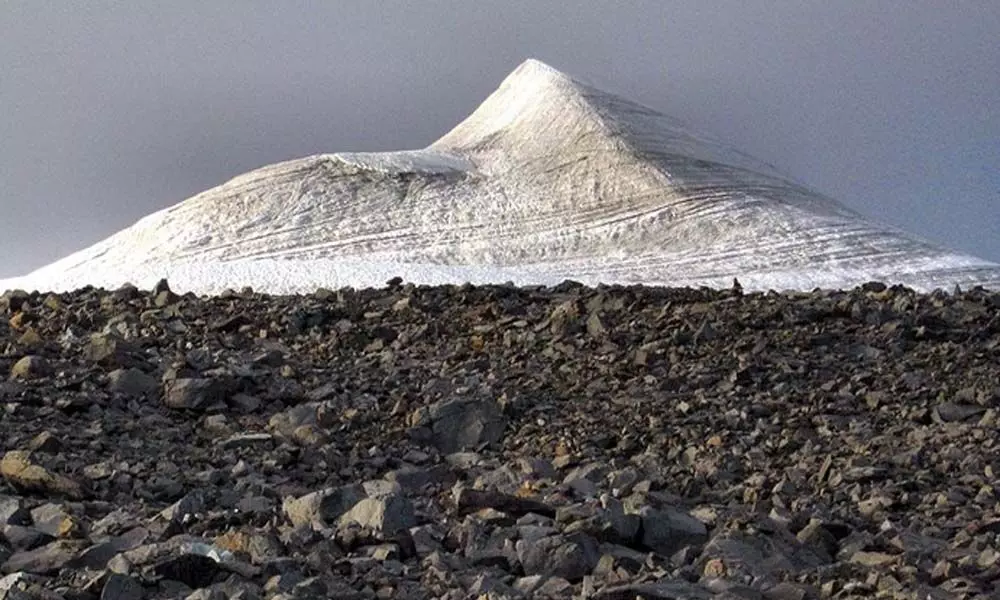Studies Indicate The Shrinking Of Sweden's Highest Mountain

Studies Indicate The Shrinking Of Sweden's Highest Mountain
- New data from Swedish scientists suggest that Kebnekaise, Sweden's highest peak, is scorching and morphing.
- Researchers claim Kebnekaise's southern peak, long known as Sweden's highest point, is dropping to levels not seen in decades.
In the face of inexorable global warming, new data from Swedish scientists suggest that Kebnekaise, Sweden's highest peak, is scorching and morphing.
Researchers claim Kebnekaise's southern peak, long known as Sweden's highest point, is dropping to levels not seen in decades, if ever in recent history, as additional evidence that climate change has the potential to shift mountains – and bring their magnificence low.
When semi-annual measurements began in 1968, the glaciated southern peak, known as Sydtoppen, stood as high as 2,120 metres (6,955 feet) above sea level.
The height of the icy peak has fluctuated since then due to a variety of meteorological and climate variables, including precipitation factors but since the late 1990s, the data has shown a distinct declining trend.
The southern peak was 2,118 metres in 1996, but it had dropped to 2,110 metres by 1998. It fell below 2,100 metres in 2011 to 2,099.7 metres and has remained below that level ever since.
The southern peak lost the title of Sweden's highest point to Kebnekaise's northern peak in 2018, but the southern peak's slide continues.
On August 14, 2021, Tarfala station manager Annika Granebeck measures the height at the top of Kebnekaise.
MSydtoppen is currently 2,094.6 metres above sea level, according to new measurements released by academics at Stockholm University — and the researchers have no illusions as to why this is happening
According to Per Holmlund of Stockholm University's Tarfala Research Station, "the height variation is... a suitable indicator of the glaciers' response to a changing climate in Sweden.
As per new study detailing the history of elevation observations and glacier changes at Kebnekaise, the data show a 'complex reshaping of mass at the summit,' and the record lows seen represent 'the beginning of a new problematic situation' for tourists, not to mention what it could mean for the long-term future of glaciers in Sweden.










